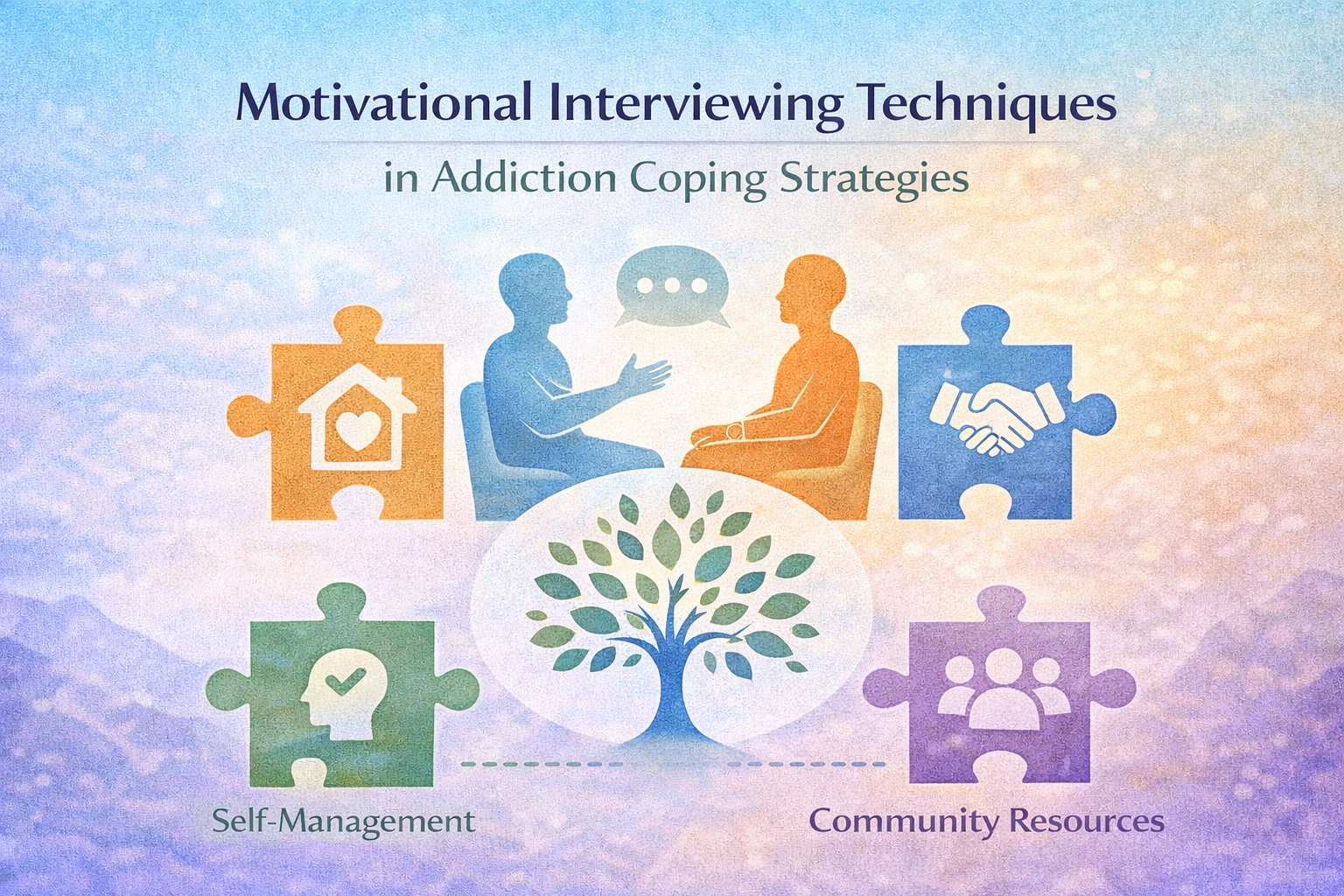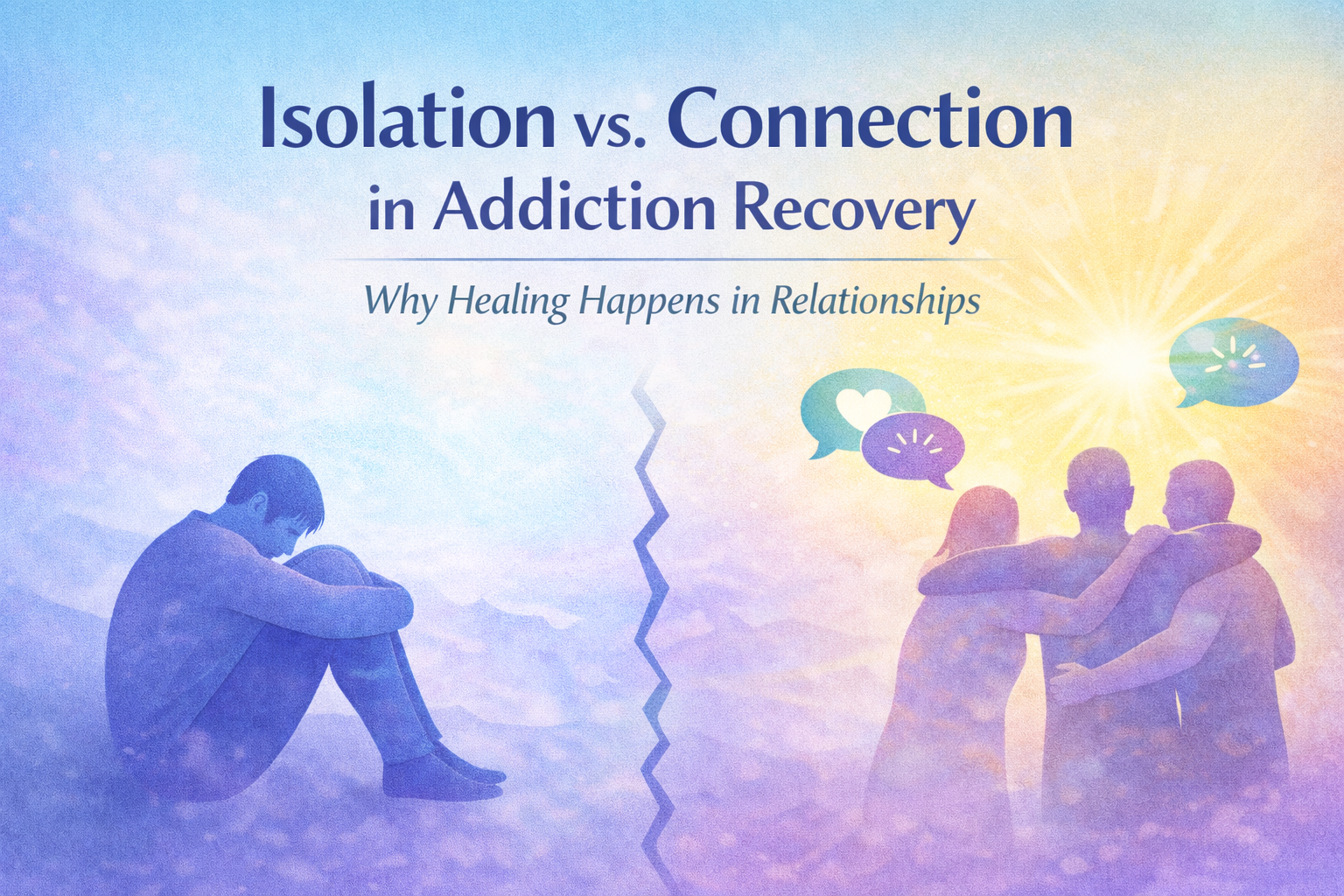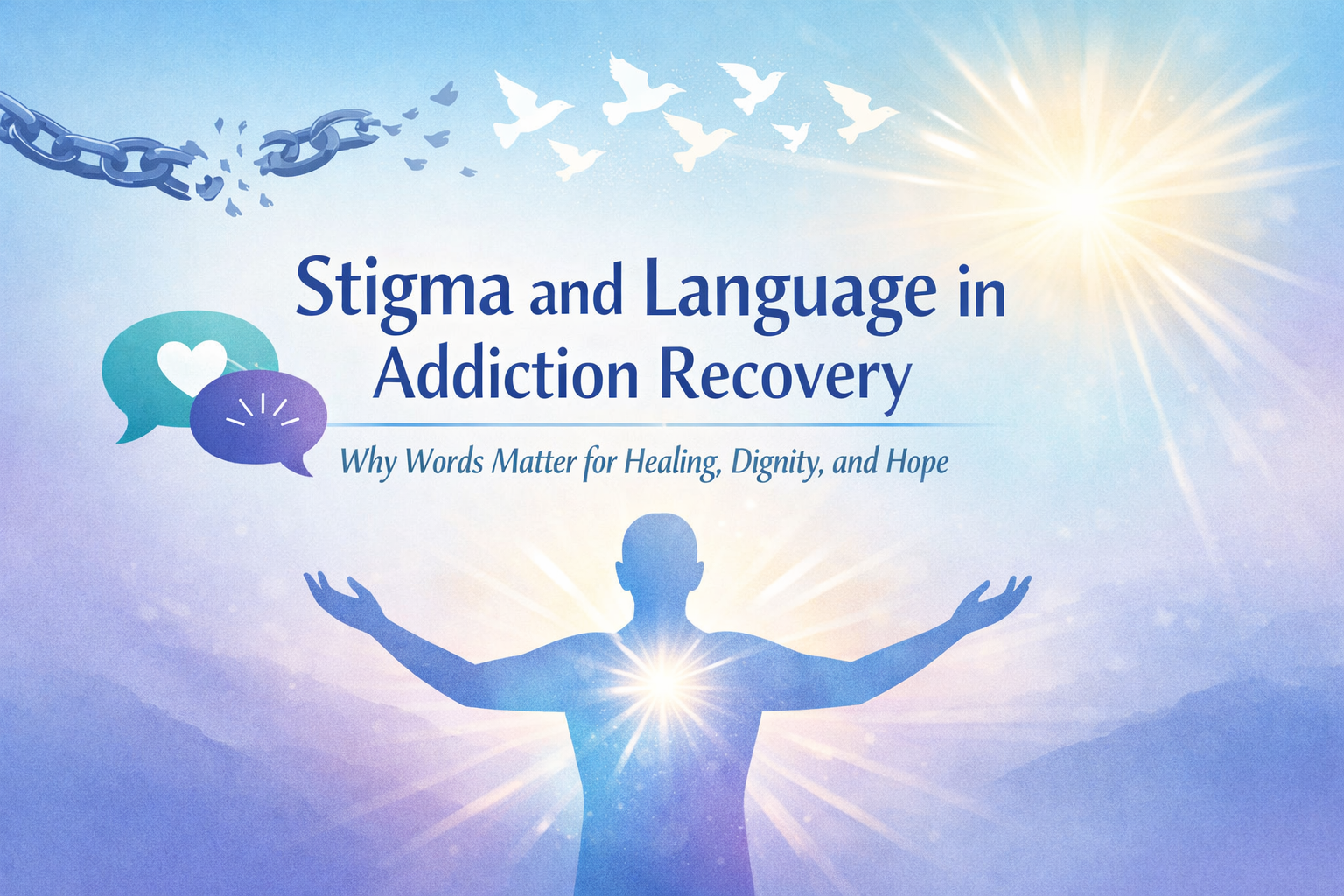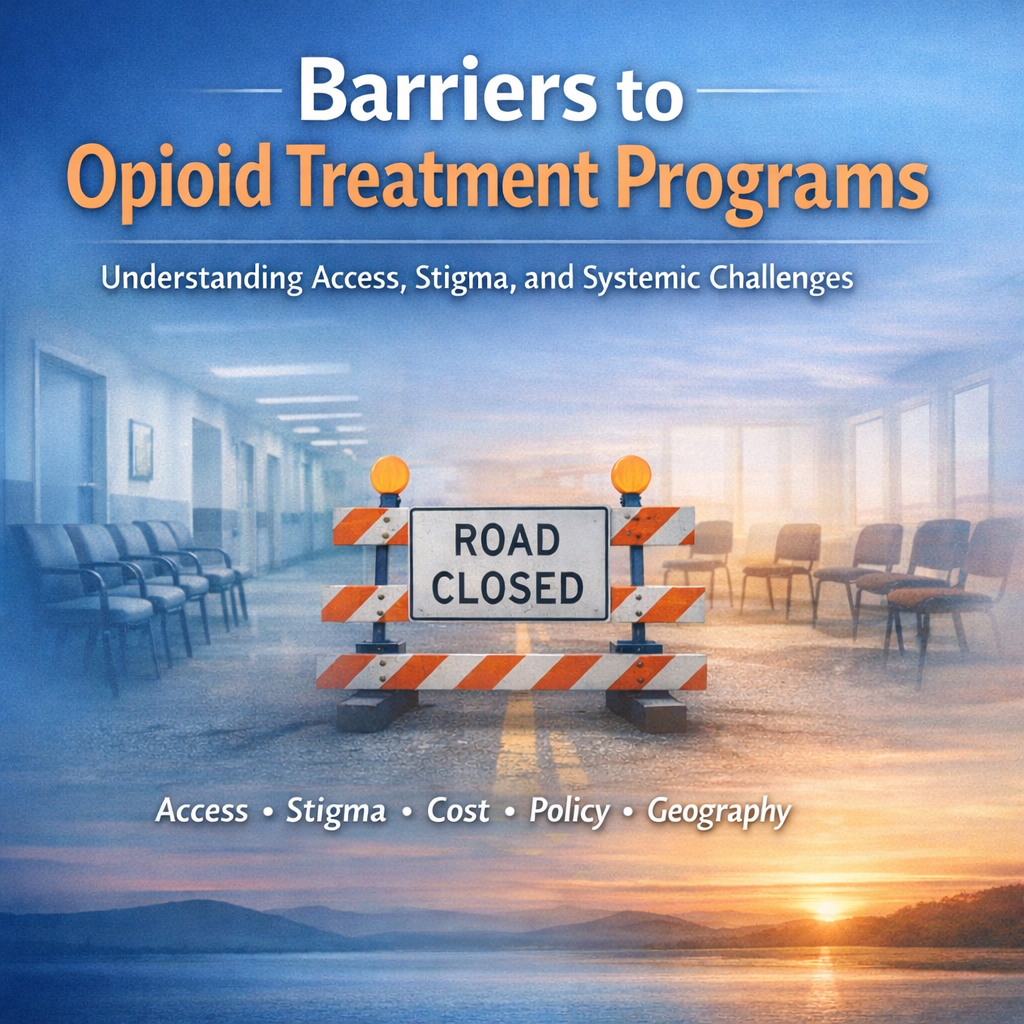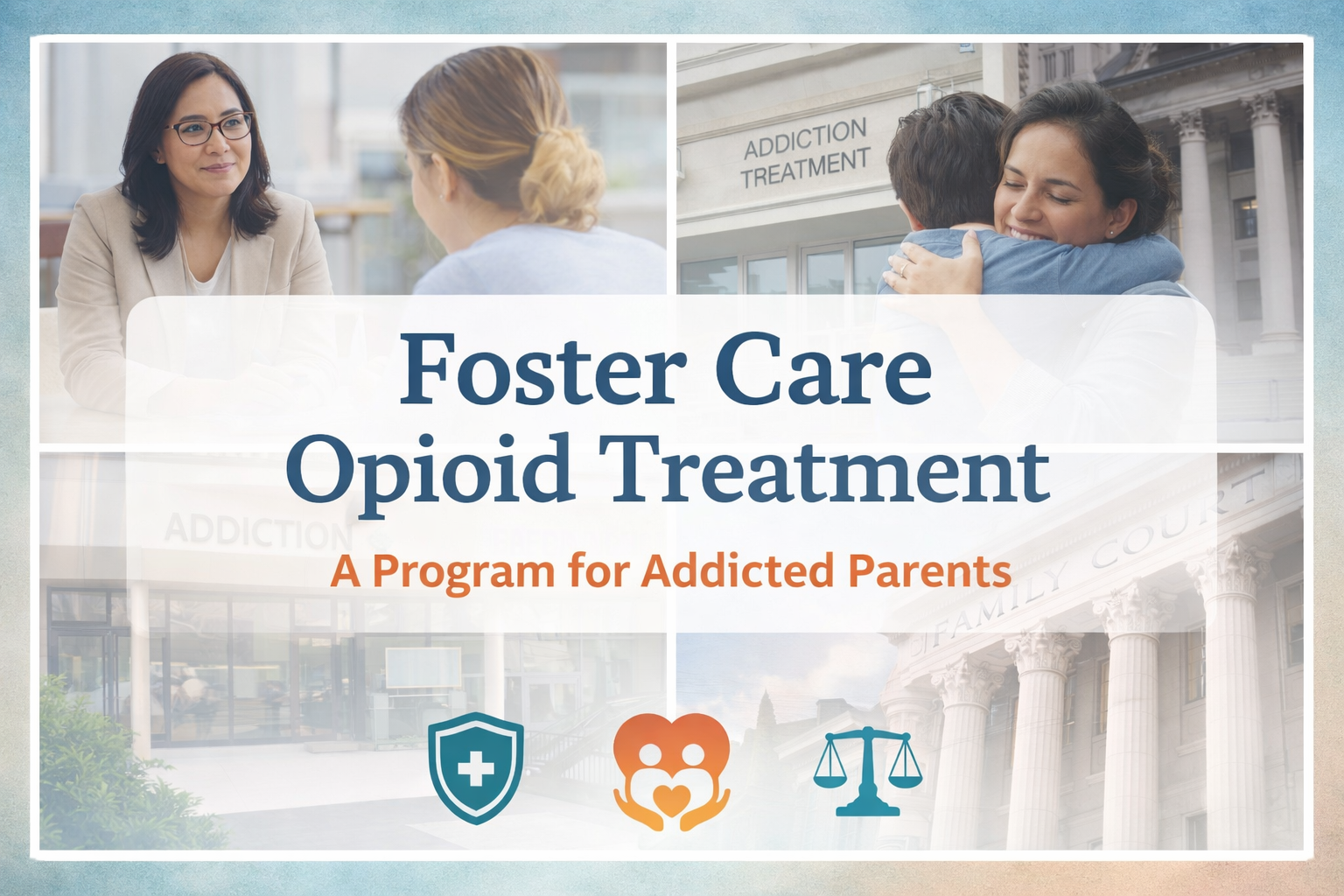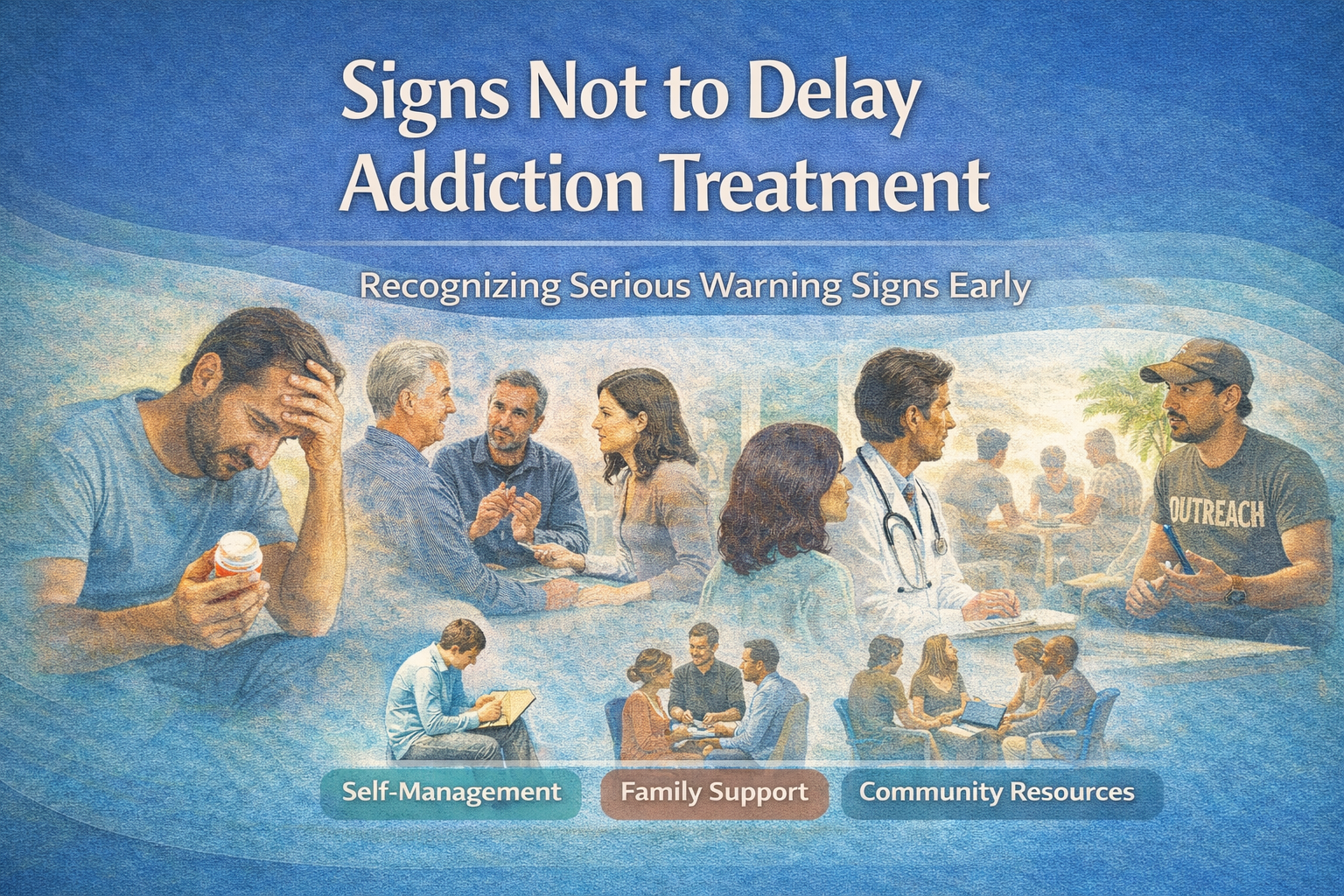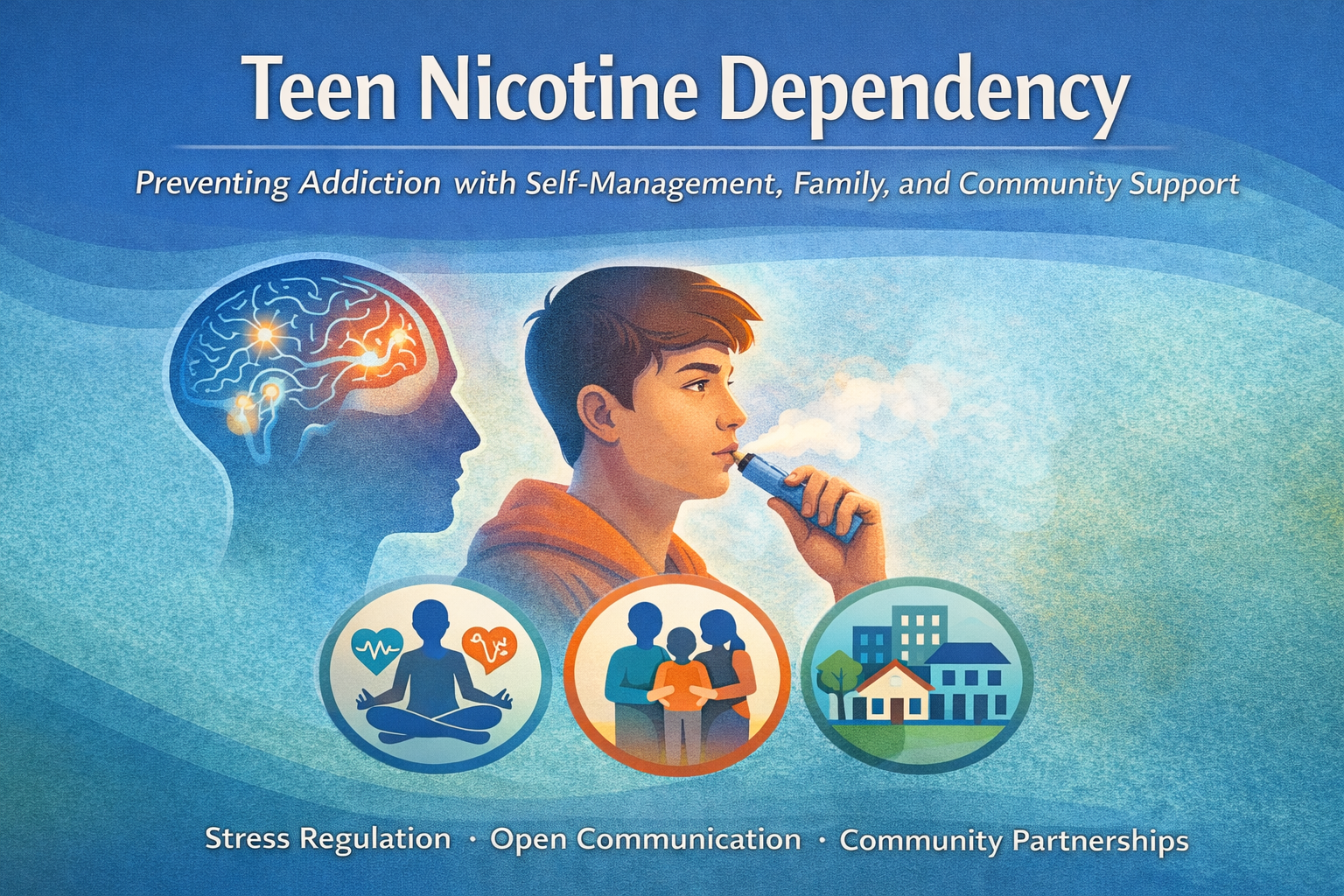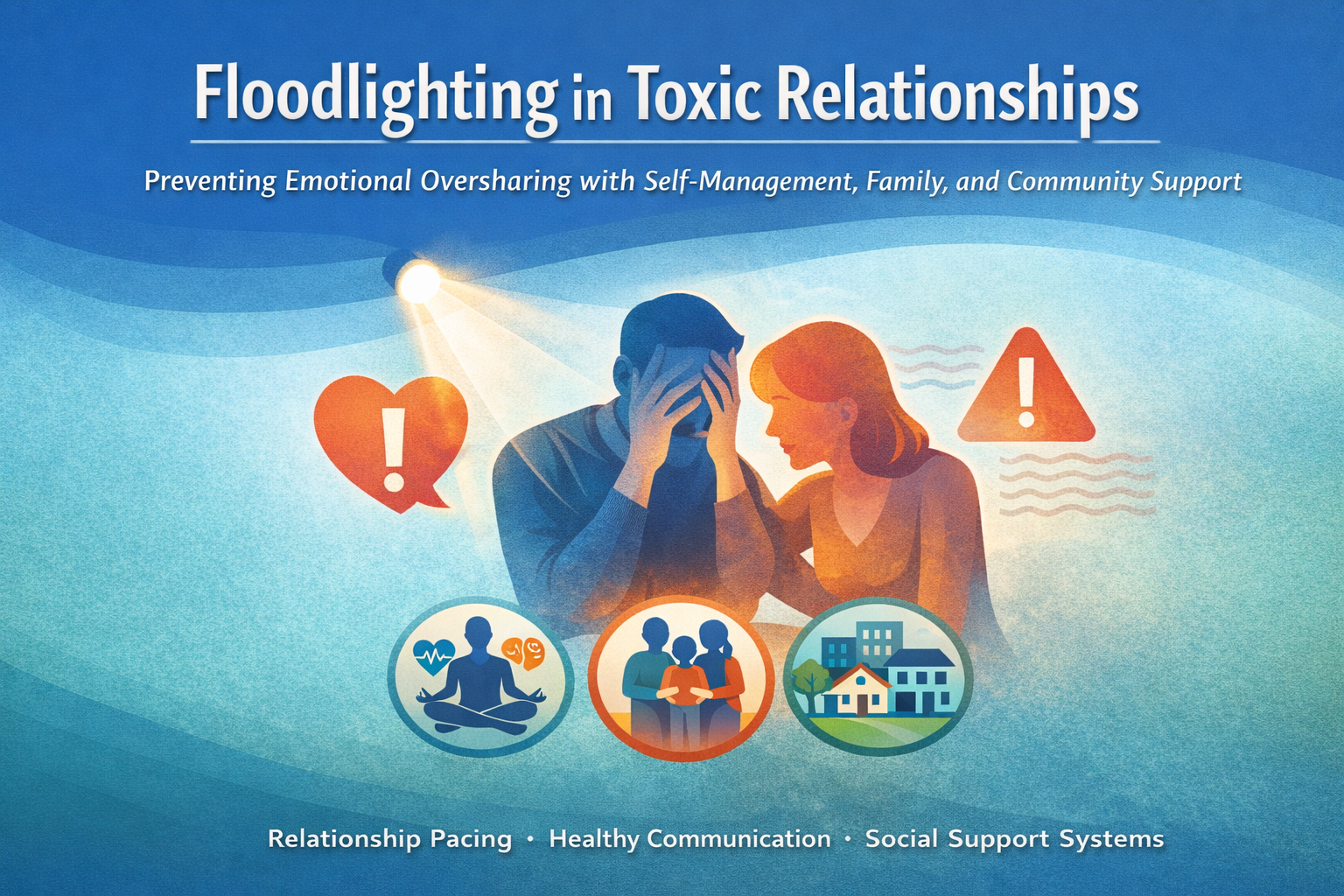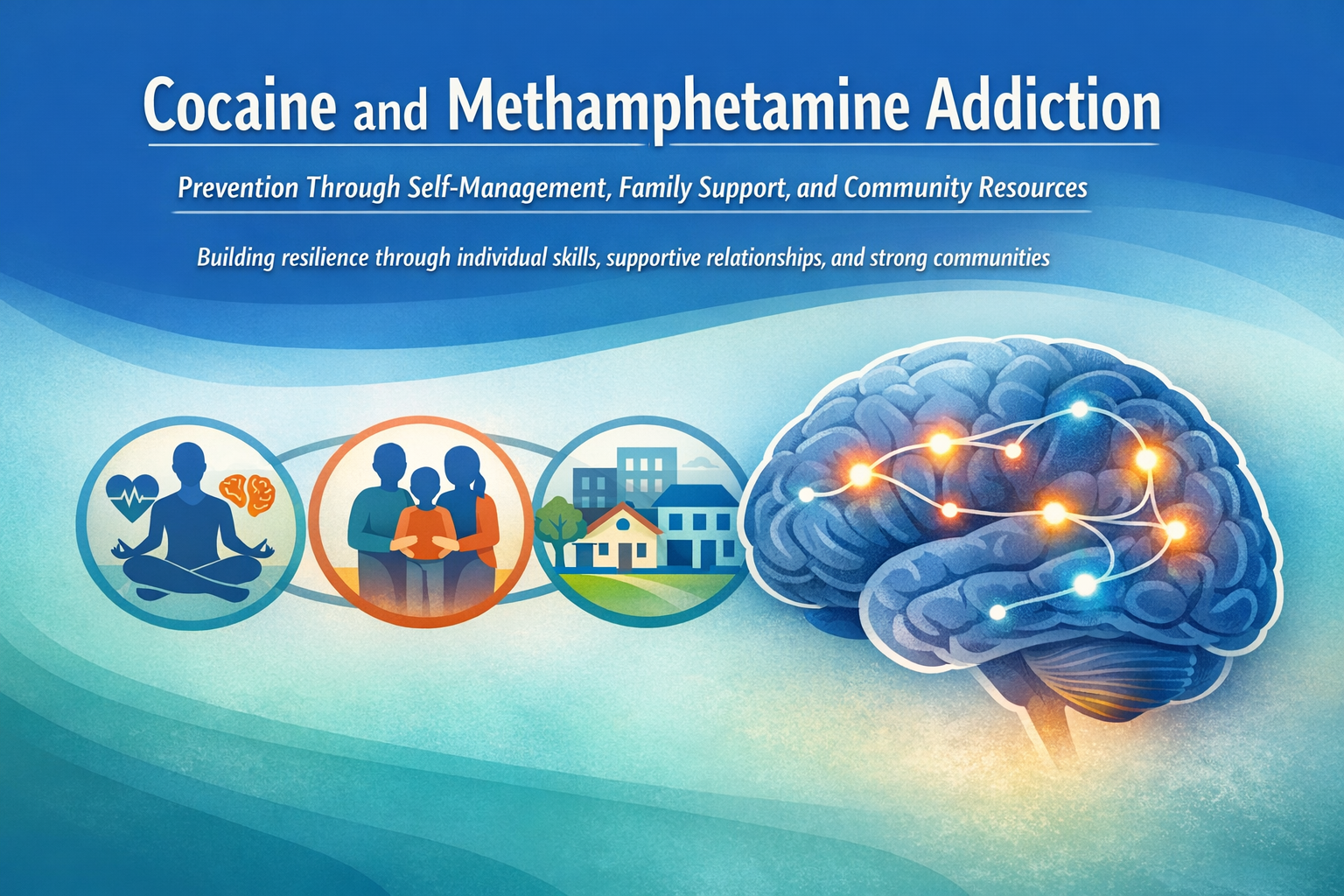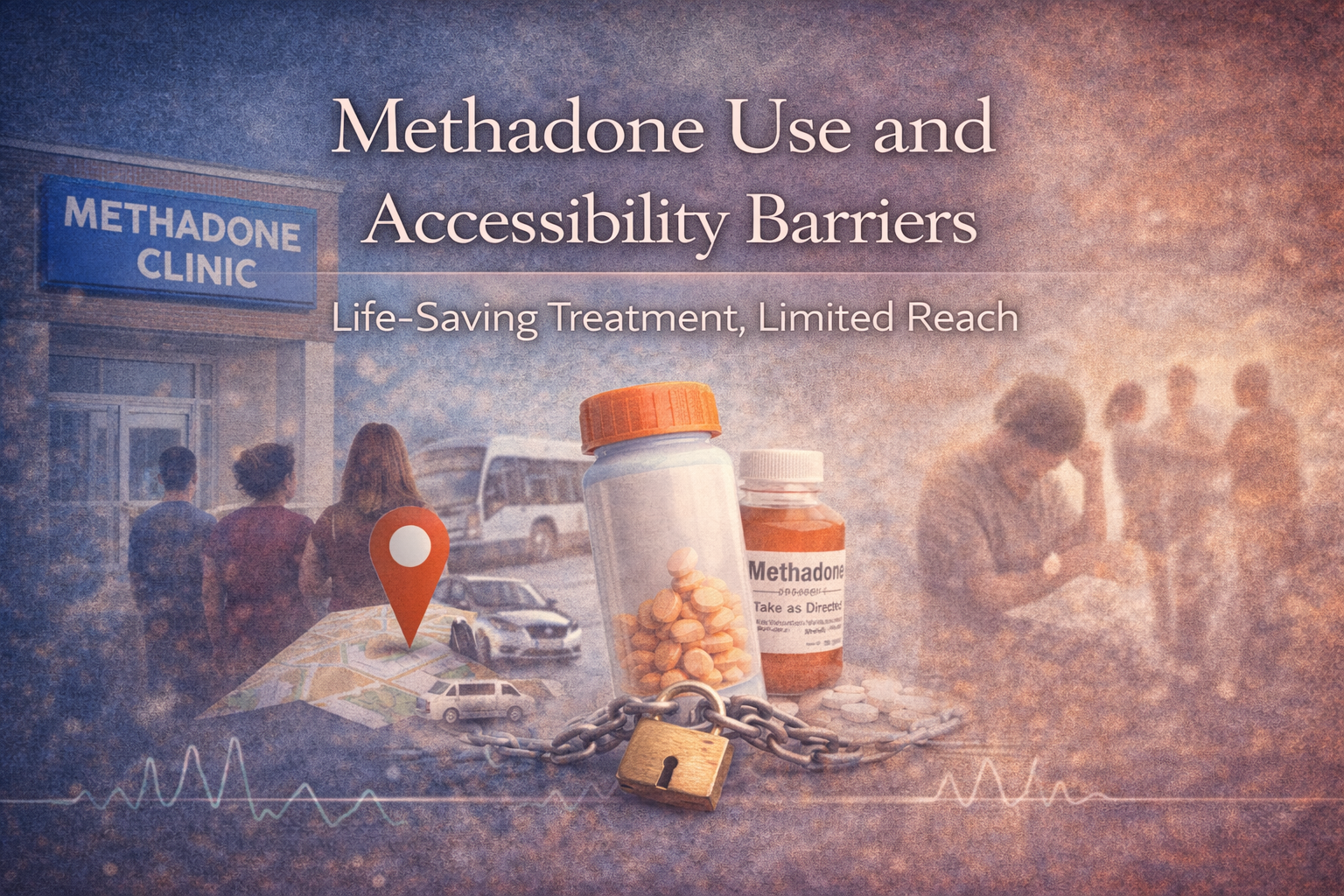Motivation in Addiction Treatment
Motivational Interviewing (MI) techniques play a vital role in addiction coping strategies by helping individuals navigate ambivalence, strengthen motivation, and build confidence for change. Rather than relying on confrontation or pressure, MI emphasizes empathy, collaboration, and respect for autonomy. When applied across self-management, family support, and community resource strategies, motivational interviewing creates a consistent, supportive … Read more
